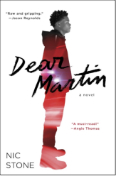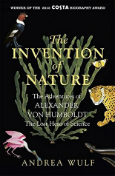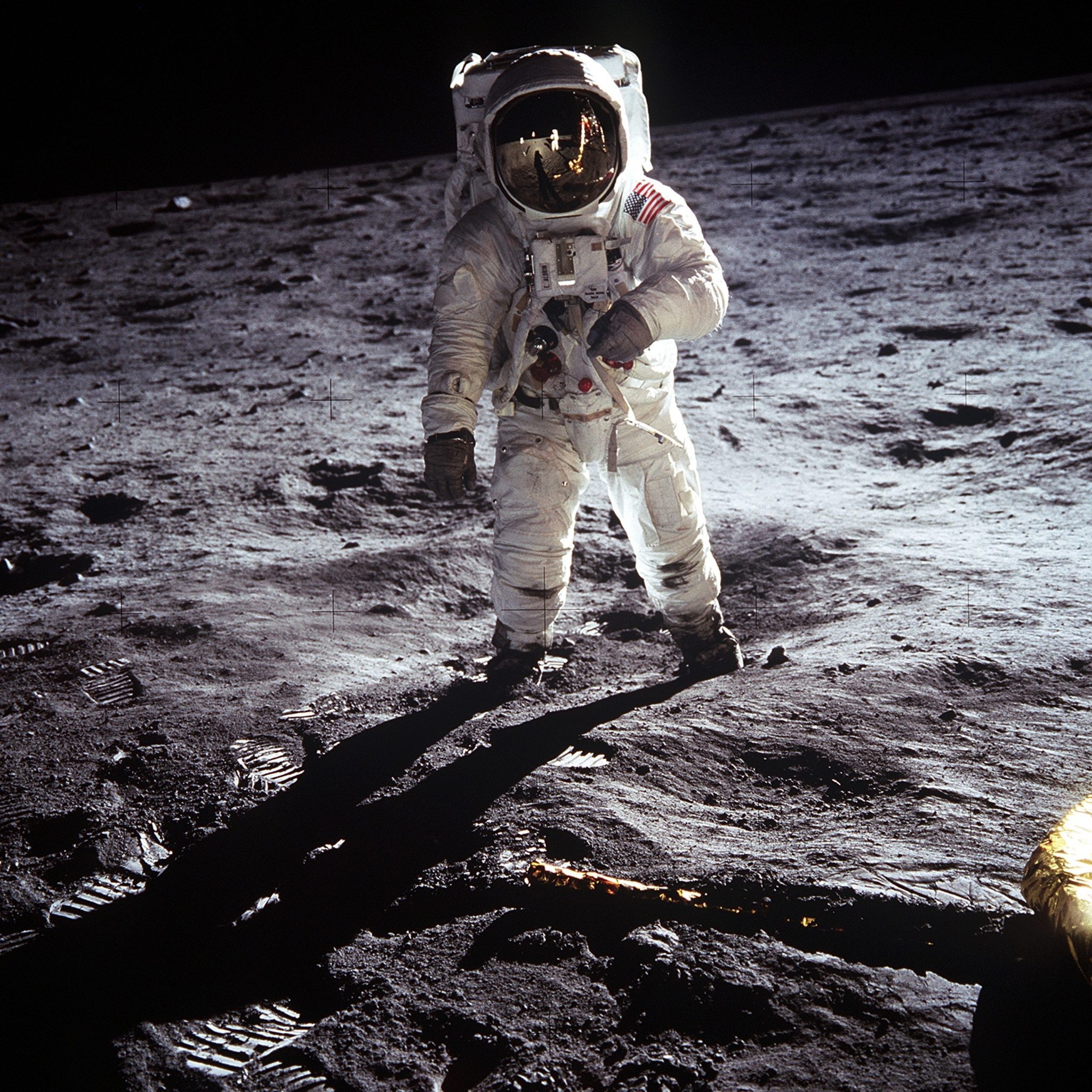Task number 10 on the 2019 Read Harder Challenge is a translated book written and/or translated by a woman. Seeing this challenge listed brought back fond memories of the days I spent immersed in one of my favorite fiction series of the past decade.
 “My Brilliant Friend,” written by Elena Ferrante and translated by Ann Goldstein, starts off the “Neapolitan Quartet,” centering on the life-long friendship between two women, Elena and Lila. They meet as children in the 1950s and grow up together in a gritty, impoverished neighborhood in Naples, Italy. This first book follows the pair through childhood to the beginning of their adult years. Elena is the narrator, but Lila is the star. Lila is brilliant in school and full of spark out on the violent streets, fighting back against bullies while living large. Yet for all of Lila’s potential, her options are limited by family and economic circumstance.
“My Brilliant Friend,” written by Elena Ferrante and translated by Ann Goldstein, starts off the “Neapolitan Quartet,” centering on the life-long friendship between two women, Elena and Lila. They meet as children in the 1950s and grow up together in a gritty, impoverished neighborhood in Naples, Italy. This first book follows the pair through childhood to the beginning of their adult years. Elena is the narrator, but Lila is the star. Lila is brilliant in school and full of spark out on the violent streets, fighting back against bullies while living large. Yet for all of Lila’s potential, her options are limited by family and economic circumstance.
Another good option for this challenge is Yoko Tawada’s novel, “The Emissary,” translated by Margaret Mitsutani, and winner of the 2018 National Book Award for Translated Literature. It’s a dystopian story set in a future Japan, which is cut off from the rest of the world due to an unnamed disaster. Whatever has happened, it has upended the natural order of human life. The very aged are becoming stronger and more vigorous, while children seem to be weak and old.
by Margaret Mitsutani, and winner of the 2018 National Book Award for Translated Literature. It’s a dystopian story set in a future Japan, which is cut off from the rest of the world due to an unnamed disaster. Whatever has happened, it has upended the natural order of human life. The very aged are becoming stronger and more vigorous, while children seem to be weak and old.
 Meanwhile, arriving here recently from Sweden is a thin volume of dark humor with a fabulous cover and an aspirational title. “An Elderly Lady Is up to No Good” contains five related short stories written by Helene Tursten and translated by Marlaine Delargy. The protagonist, Maud, is an octogenarian who has built a solitary and satisfying life for herself. If only other people didn’t keep getting in the way, requiring her to deal with them in drastic fashion. Recommended for fans of the classic movie “Arsenic and Old Lace.” Also recommended that readers keep their aspirations a lot milder than emulating Maud’s solutions.
Meanwhile, arriving here recently from Sweden is a thin volume of dark humor with a fabulous cover and an aspirational title. “An Elderly Lady Is up to No Good” contains five related short stories written by Helene Tursten and translated by Marlaine Delargy. The protagonist, Maud, is an octogenarian who has built a solitary and satisfying life for herself. If only other people didn’t keep getting in the way, requiring her to deal with them in drastic fashion. Recommended for fans of the classic movie “Arsenic and Old Lace.” Also recommended that readers keep their aspirations a lot milder than emulating Maud’s solutions.
“The Complete Persepolis” combines the first two volumes of Marjane Satrapi’s graphic memoir about her childhood and young adult years in Tehran during the Islamic Revolution. Her family is large and full of warmth, but life during cultural upheaval and war is no picnic. Mattias Ripa translated Part 1 from the original French, and Blake Ferris translated Part 2.
memoir about her childhood and young adult years in Tehran during the Islamic Revolution. Her family is large and full of warmth, but life during cultural upheaval and war is no picnic. Mattias Ripa translated Part 1 from the original French, and Blake Ferris translated Part 2.
More titles can be found in the DBRL catalog and on Book Riot.
Shiawasena dokusho. Buona lettura. Glad läsning. Bonne lecture. Happy reading.

Queer theory and history is an endlessly complex topic even for the most academic-minded reader; where should one start? Meg-John Barker and Julia Scheele’s “Queer: A Graphic History” does a good job at condensing some of the central arguments and tenets about sex, gender, and sexuality from thinkers like Judith Butler, Adrienne Rich, and many more. Continue reading “Comics by LGBTQ+ Creators: Read Harder 2019”





